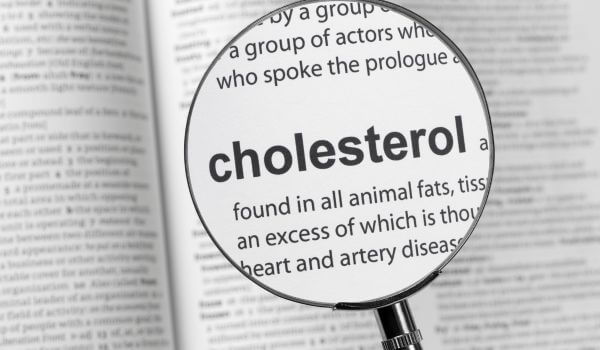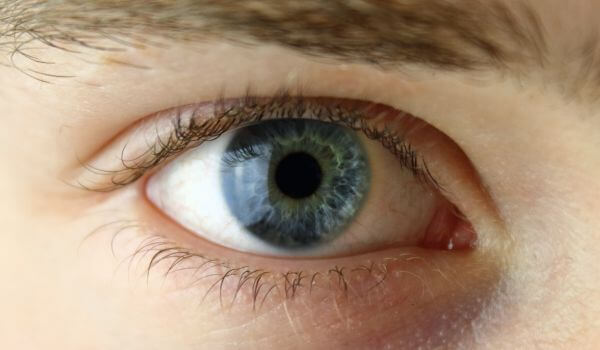Norpramin®/Deprexan® (desipramine hydrochloride) is a tricyclic antidepressant used to treat depression.
The most commonly encountered side effects associated with desipramine include fast heart rate, blurred vision, urinary retention (difficulty urinating), dry mouth, constipation, weight gain or loss, and low blood pressure upon arising that may cause light-headedness. Rash, hives, seizures, and hepatitis are rare side effects. Desipramine also causes elevated pressure in the eyes of some patients with glaucoma. Overdoses of desipramine can cause life-threatening abnormal heart rhythms or seizures. Sexual dysfunction also has been associated with desipramine. Following prolonged therapy with high doses, abrupt discontinuation of TCAs, including desipramine, could lead to symptoms such as nausea, vomiting, or diarrhea. Therefore, many physicians recommend a gradual reduction in dose when TCAs are discontinued. Antidepressants increased the risk of suicidal thinking and behavior in short-term studies in children and adolescents with depression and other psychiatric disorders. Anyone considering the use of desipramine or any other antidepressant in a child or adolescent must balance this risk with the clinical need. Patients who are started on therapy should be closely observed for clinical worsening, suicidal thinking or behavior, and unusual changes in behavior.
Desipramine is an oral antidepressant, a member of the tricyclic antidepressant (TCA) family which also includes amitriptyline (Elavil, Endep), and imipramine (Tofranil). Depression is an all-pervasive sense of sadness and gloom. It is believed that in some patients with depression, abnormal levels of neurotransmitters (chemicals that nerves use to communicate with each other) may be the cause of their depression. Desipramine elevates mood by raising the level of neurotransmitters in nerves of the brain. Desipramine also is responsible for the antidepressant effects of imipramine because imipramine is converted by the body to desipramine.













